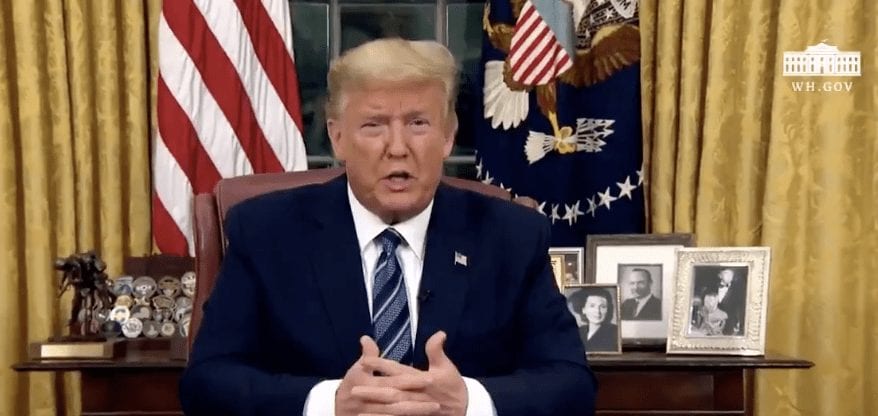
Senator Brice Wiggins (R) has worked for three years to pass legislation that he says will give prosecutors and law enforcement more tools to take on gangs in Mississippi. The bill, SB 2459, passed the Senate on Wednesday.
“This bill, this body has passed no less than two times and unfortunately it died on the last day of the session with our friends in the House last year,” said Wiggins as he took up the bill.
SB 2459, which is also known as the Anti-Gang Bill, would create a clear legal definition for ‘criminal gang activity.’ It also outlaws individuals from causing, encouraging, soliciting, recruiting or coercing another to become a member or associate of a gang.
The bill would also make it a crime to try to talk someone into committing a crime in order to be a member of a gang or hide proceeds and evidence of criminal gang activity, or encourage others to do the same.
Wiggins said the legislation comes in response to years of articles, interviews, and advice from organizations who have argued for the merit of a bill like this. The senator clarified that this would not constitute an arrest or charge unless criminal activity is happening amongst gang members.
During committee hearings, presentations were made to discuss gang issues in the state. Wiggins said one thing that was brought up was how gangs have become familiar with the business of human trafficking. He adds that part of the reasoning for this bill is to address the fact that human trafficking is happening in the State of Mississippi.
RELATED: Work begins in Senate to solve Mississippi corrections system
“I have received numerous amounts of information that I have passed up the chain about guards who are in gangs,” said Officer Jimmy Anthony who presented at the meetings on behalf of the Mississippi Association of Gang Investigators. He called these gangs functioning businesses inside of prisons. Since 2019 there have been nearly 20,000 recorded gang members to pass through, or currently housed in, corrections facilities.
The bill does not make membership or identification with a gang an actual crime but trying to recruit someone to the gang could be cause for an arrest and conviction.

Sen. Derrick Simmons (D) offered a friendly amendment. It passed the chamber, limiting the bill to anyone over 18 to be prosecuted, which falls in line with the Human Trafficking law from 2019.
Wiggins added that this legislation is intended to target the adults who are recruiting young people to join gangs and commit these crimes.
“This issue is not black, white, rich or poor, Republican or Democrat,” Wiggins said. “It is one on which we find common ground, because gang recruiting and its resulting crimes are causing irreparable harm to our state and has the potential to cost our state millions of additional dollars in incarceration costs.”
Wiggins reiterated that the purpose of the legislation is to cut gangs off right at the source – those in charge of the gangs and the cash flow funding their activity.
After a short amount of questions and debate, Sen. Barbara Blackmon (D) requested the bill be read on final passage. Nearly fifteen minutes later, she withdrew her request
It bill then passed on a vote of 36 to 16.











